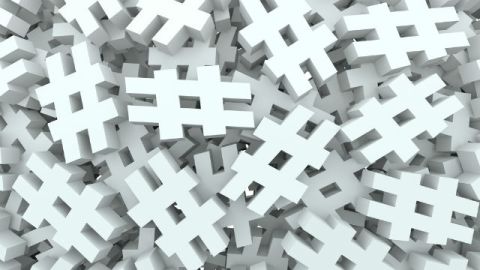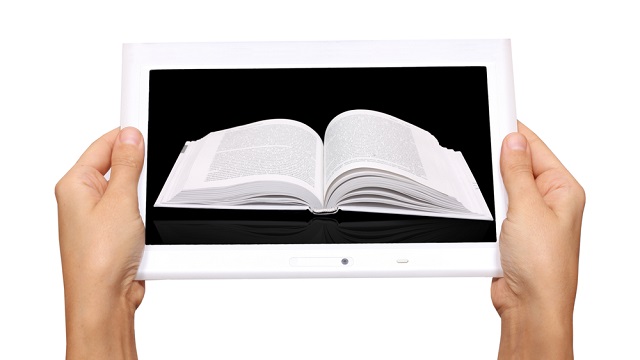In Defense Of Hashtags

All but the most naturally social-network inclined express at least a mild pang of self-conscious shame when they use a #hashtag in a Facebook post, or, worse, a book or article. But no other symbol has invaded our written language quite so quickly in recent memory.
I am part of a familiarly curmudgeonly group of people. You all know at least one member of this group (I have a friend who insists on reading “#” as “pound”). We hate Twitter, mistrust Kindles, bristle at the very idea of skateboards, and generally pretend to disdain the things we don’t understand.
We want you to get off our lawn.
That is why it is so hard for me to admit this: Hashtags are kind of great.
So how can I support the use of #hashtags and still be a self-respecting Luddite snob?
#Rationalization! See, I have decided to treat hashtags as a sort of punctuation, like any other. And once you do that, you can see that having a shorthand, symbolic way to indicate the general concept to which a particular statement relates is pretty damn useful.
Just as a semicolon (of which punctuation I am an ardent defender, contra Kurt Vonnegut, Cormac McCarthy, et al.) records a conceptual relatedness between two sentences or clauses, a hashtag can tell a reader what big idea justifies or grounds an utterance. #addedclarityinwrittencommunication
So, curmudgeons, snobs, Luddites, pedants join me! Stop turning up your nose at the hashtag. #getoveritalready
Image courtesy of Shutterstock.





